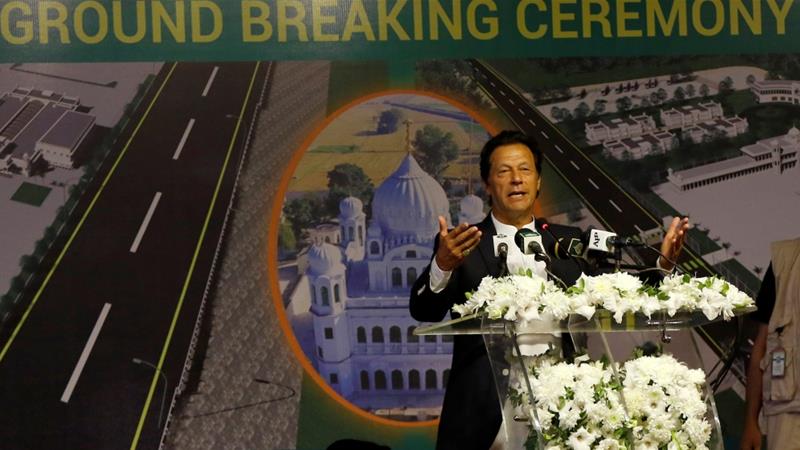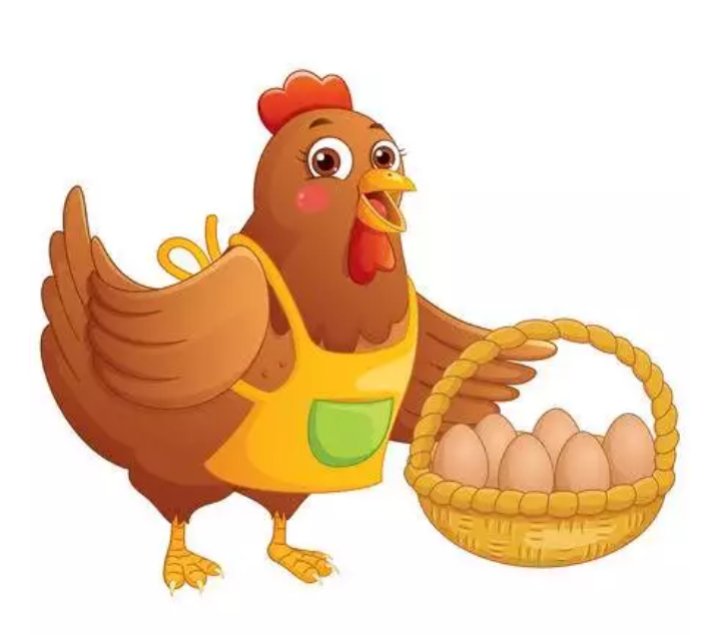Simple Solutions to Complex Issues
"In Pakistan, 44 percent of children under age five have stunted growth due to nutritional deficiency. Our high infant mortality rate is associated with malnutrition in mothers."
"These eggs can add a healthy ingredient to their diets."
"They [chickens] can live in trees, in boxes, or under people's stairs. They can eat kitchen scraps instead of expensive feed, and they can outrun predators like cats and foxes."
Abdul Rehman, director, Poultry Research Institute, Pakistan
"People may laugh at the prime minister over this, but I laugh at them. It is a wonderful idea."
Here in the city people have money to spend, but they can't find a single pure thing to eat."
Zahida Shad, homemaker, Islamabad
 |
| Khan's government inherited massive economic challenges when it came to power in July [Mohsin Raza/Reuters] |
In Pakistan a rural, agricultural country with a population of 208 million people, raising chickens is commonly practised. Yet wealthy industrialists who made fortunes investing in cement or the production of textiles have turned to the egg market and have pretty well swept it up, producing factory-farm eggs, mass produced in high-tech poultry facilities. Their eggs are relatively inexpensive, and Pakistanis claim they are also tasteless and lack nutrients. The factory bred chickens have been bred to lay more eggs, larger, whiter, but lacking flavour.
Now, the new government of Prime Minister Imran Khan has embarked on a country-wide experiment which when it is ready to go, will provide free chickens to impoverished villagers. Each person who registers with the new program will have a rooster and five hens delivered to them to begin their very own personal enterprise; to feed their families and to sell the excess eggs for profit.
At Pakistan's Poultry Research Institute in Rawalpindi, newborn chicks are taken from incubation trays, injected with a vaccine against Newcastle disease, and placed into plastic containers to travel in heated trucks to government farms to be raised to maturity. Twice a week at the Punjab Province poultry research centre this process is repeated as the initial step in a national anti-poverty program meant to profit several million poor families.
Authorities estimate that five hens laying several eggs each weekly would bring in around $75 monthly to women in poor families selling their excess eggs. That amount represents more than the salary of a security guard or a construction worker. Crossing hardy domestic hand-raised chickens, called "desi", native to the country, with breeds from Egypt and Australia or with Rhode Island Reds, birds have been developed with the qualities required for backyard life. A tough, omnivorous, disease-resistant and agile chicken.
Bearing in mind that the population of Pakistan is overburdened with poverty, think about the billions that the U.S. has given Pakistan over the decades and it was all to fund the Pakistani military and the secret service intelligence agency; none trickled down through the economy to the population at large. Pakistan made the choice of earmarking enormous sums to acquire an atomic warfare arsenal, ignoring the plight of its people, susceptible to floods and famine.
Pakistan's malevolent, violent machinations through Islamist jihadi groups and the nation's military exercising vicious attacks against its neighbour India has cost it greatly; this is a nation that plots against another neighbour, Afghanistan, supporting the violently disruptive Taliban to ensure instability in Afghanistan, while achieving nothing of any value for the geographic area, much less Pakistan itself.

Labels: Economics, Instability, Islamism, Pakistan, Taliban

<< Home